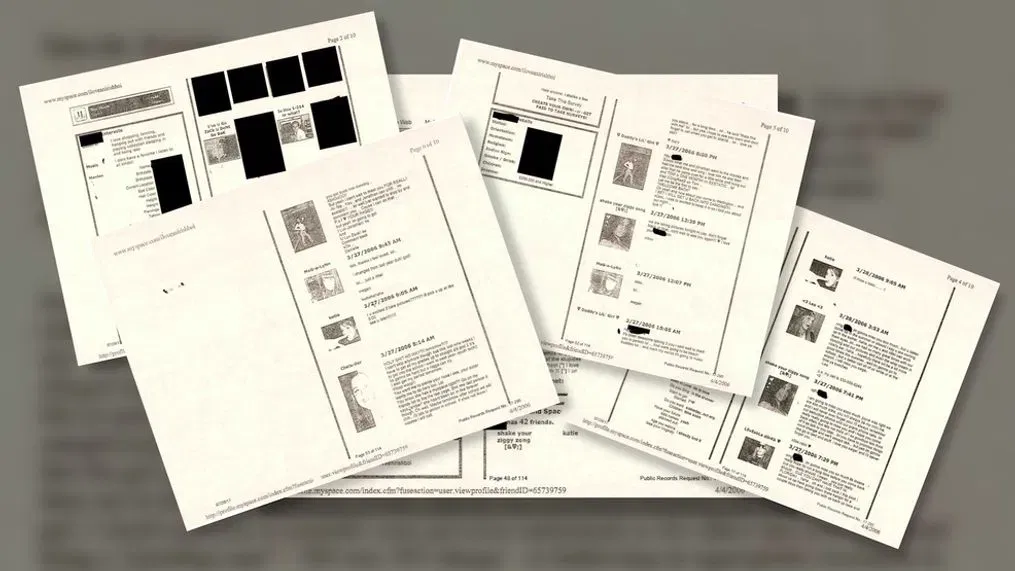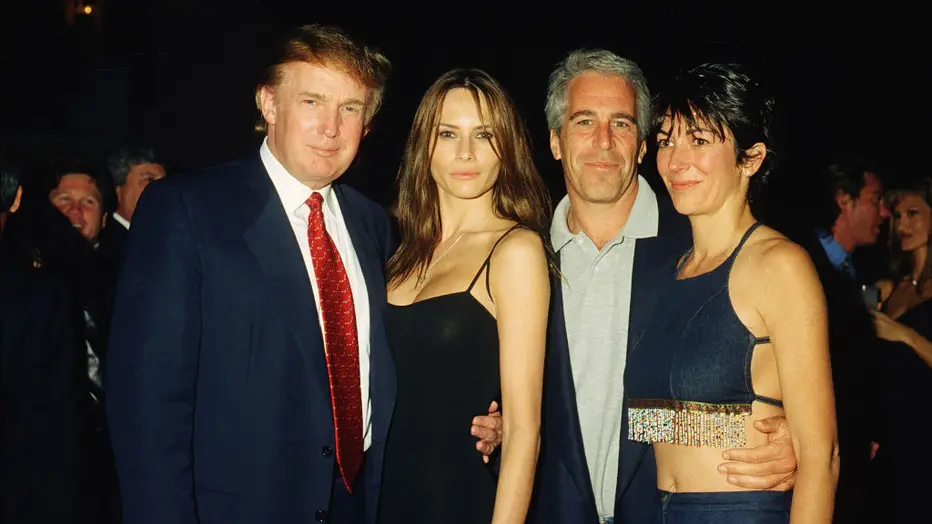
In an era where outrage outpaces evidence, Elon Musk’s recent jab at Donald Trump may go down as one of the most explosive—and thinly substantiated—accusations in the political theater of 2025. “@realDonaldTrump is in the Epstein files,” Musk tweeted earlier this month. “That is the real reason they haven’t been made public.” Within 48 hours, the post was deleted. But in today’s digital landscape, that’s all the time it takes to set off a firestorm.
So, what are the “Epstein files”? Why is Donald Trump’s name attached to them? And more importantly, are we truly not going to see what lies behind those sealed pages?
Let’s start with the facts.
The Epstein files refer to a trove of court documents, flight logs, witness statements, and prosecutorial records tied to the late Jeffrey Epstein—financier, convicted sex offender, and orchestrator of a sex trafficking network that ensnared dozens of underage girls and implicated some of the world’s most powerful men. In early 2024, a federal judge in New York ordered the release of select redacted documents. Names were named. Relationships were detailed. But the public only got a portion of the full picture.

As for Trump, his name has appeared in flight logs and social rosters dating back to the 1990s. He acknowledged knowing Epstein—“a fixture in Palm Beach,” Trump once called him—but insists he cut ties long before Epstein’s first arrest. No criminal allegations have ever been formally brought against Trump in connection to Epstein’s crimes. And nothing released so far implicates him directly.
So where does Elon Musk come in?
Once loosely aligned with Trump on business policy and deregulation, Musk has since drifted far from the former president’s orbit. Their public spat this year over Musk’s criticism of Trump’s climate reversal and subsidy cuts turned personal—and then vindictive. In accusing Trump of being hidden in the Epstein files, Musk weaponized innuendo at the highest level of global visibility. It was a digital molotov cocktail, tossed carelessly into the public square.
But here’s where the damage goes beyond a political feud.
Musk’s baseless claim—delivered without documentation or corroboration—feeds directly into the worst instincts of the internet age: conspiracy without scrutiny, guilt by association, and trial by tweet. It invites the public to treat every sealed document as evidence of a cover-up, and every redacted line as proof of elite immunity.
It’s not that the public doesn’t have a right to demand transparency. The Epstein case is a dark stain on the modern justice system—a man with connections to billionaires, politicians, and royalty managed to avoid serious prosecution for years. And yes, there are names in those files, some of whom may be tied to horrific abuse.
But if justice is to mean anything, it must be pursued with facts, not fury. The Epstein case is not a political bat to swing at your enemies. It is a moral imperative—to confront, prosecute, and protect. The reckless politicization of this tragedy risks undermining efforts to expose actual perpetrators, as every revelation is now filtered through partisan agendas.
Musk has since gone silent on the matter. Trump, characteristically, dismissed the accusation as “nonsense” and pointed to media bias and political jealousy. The FBI, for its part, has said little—citing ongoing investigations and victim confidentiality.
And so we find ourselves at a crossroads.
We may never see the full Epstein files—at least not until their release no longer threatens the powerful. That in itself is a tragedy. But what’s worse is that in the absence of truth, opportunists will fill the void with chaos.
When the nation’s richest man hurls an accusation with no evidence, and the nation’s president shrugs it off without accountability, who do we believe? And more troubling—what do we stop believing altogether?
The Epstein files may still exist. They may still hold answers. But if we are ever to learn what’s truly behind the curtain, we’ll need less performance, and a lot more principle.
By: TPA Staff Reporter | Opinion Editorial







Leave a Reply